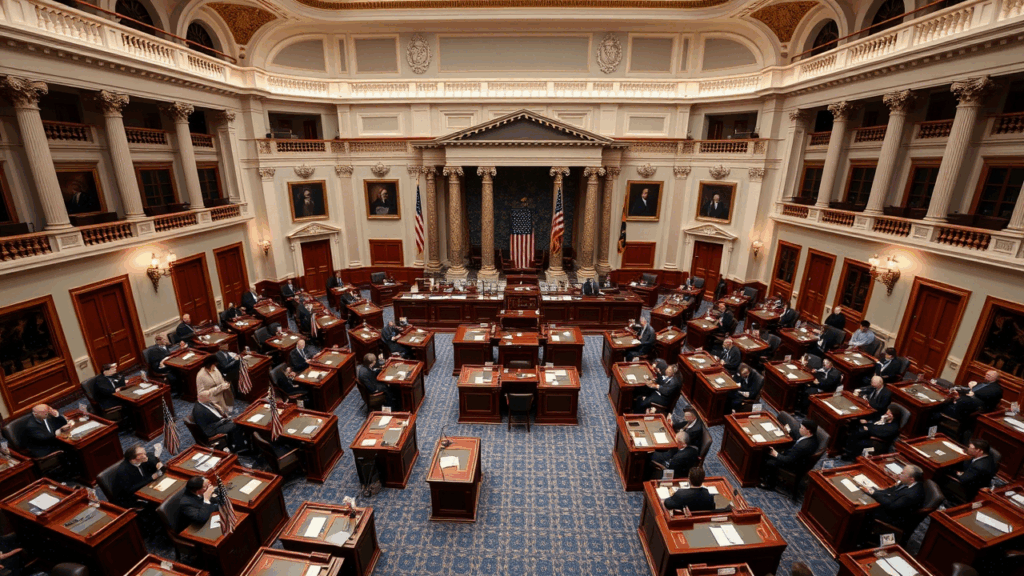The United States Supreme Court has declined to hear a case brought by a Coinbase user who sued the Internal Revenue Service (IRS), alleging that the agency violated his Fourth Amendment rights after obtaining his transaction data from the cryptocurrency exchange.
In an order issued on June 30, the U.S. Supreme Court declined to review the case of James Harper, who had filed a lawsuit against the IRS and several of its officials. Harper alleged that the IRS carried out an “unlawful search and seizure” of his private financial records, claiming the agency’s actions violated the Fourth Amendment of the U.S. Constitution.
The case originated from a “John Doe” summons issued by the IRS, which required Coinbase to provide transaction data for a group of unidentified users. This action prompted Harper to file a lawsuit against the federal tax аuthority in 2020, challenging the legality of the agency’s data collection efforts.
In March 2021, the U.S. District Court for the District of New Hampshire dismissed Harper’s lawsuit, prompting him to file an appeal with the First Circuit Court of Appeals. The appellate court ultimately upheld the lower court’s decision, ruling against Harper.
Related: Kusama Reveals Details Of New AI Product in Recent Livestream
With the Supreme Court opting not to review Harper’s case, the decision issued by the lower court remains in effect and will continue to serve as the final ruling.
In April, Coinbase submitted an amicus brief in support of Harper’s petition, warning that if the lower court’s decision is allowed to stand, it would grant the U.S. government broad authority to “trace users’ every crypto transaction in the past and monitor every crypto transaction in the future.”
Related: Shiba Inu Secures Victory on CoinGecko with New Page Update
Following the filing of the amicus brief, social media giant X, alongside seven researchers and advocacy organizations, raised concerns over the IRS’s use of what they described as “suspicionless” subpoenas, contending that such practices infringe on user privacy rights.
In its argument, X asserted that the IRS violated Harper’s Fourth Amendment protections “when it obtained a vast quantity of Coinbase records by means of a dragnet subpoena devoid of individualized suspicion.”
The online response to the Supreme Court’s decision has been largely critical, with observers warning that the case could shape the future of digital financial privacy in the United States. Critics argue that allowing the IRS greater access to user data from crypto platforms may establish a precedent that could affect millions of digital asset holders nationwide.
One X user going by the name Zen Musk, claimed that the IRS seemingly “always finds a way to peek into [citizens’] crypto wallets, joking that the IRS would begin auditing meme collections next.













